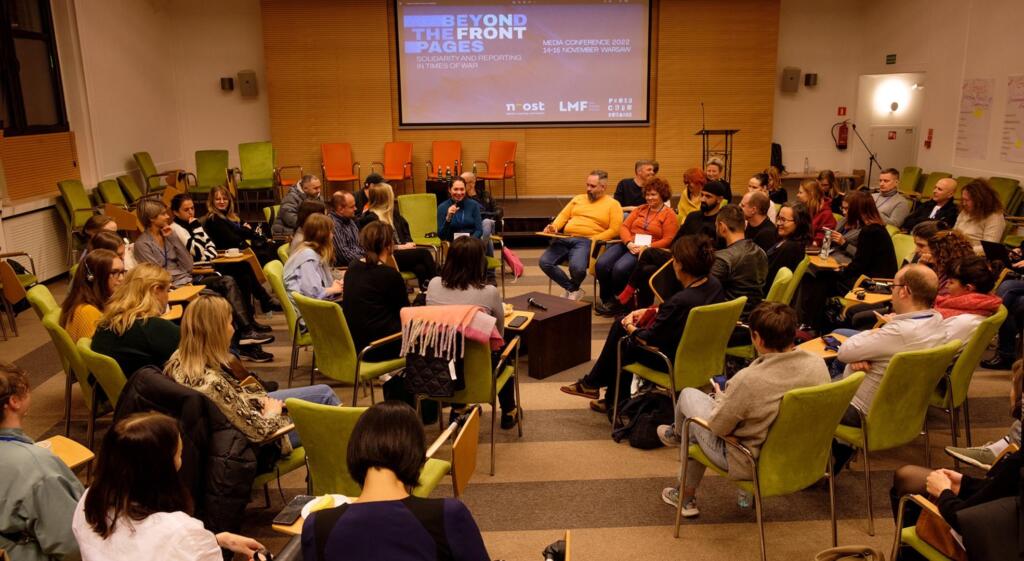

By the choice of topics we cover and words we use, we inevitably partake in the process, all the while our own role constantly evolves as the needs and expectations of our audiences shift. In the quicksand of the war, we seem to have moved past the age-old dichotomy of journalism and activism. But where exactly do we stand at this point? And where are we headed to?
The programme opened with the theatre group Kupalaucy performing poems and prose by imprisoned Belarusian journalists, followed by a photo talk by Ukrainian photographer Evgeniy Maloletka who presented some of the images all of us have seen on the front pages of major publications and recounted the twenty days he spent documenting the destruction of Mariupol in late February and early March 2022.
Four panels and twelve workshops were held over the two and half days. Media professionals from 22 countries discussed the spread of dis- and misinformation and the tools that help counter it; the changes in media consumption; the challenges of climate journalism in times of war; the experiences of local producers and the (in)equalities between Western and Ukrainian media; resilience lessons to be learned from Ukrainian colleagues; and the ramifications of Russian colonialism and the challenge of decolonising journalism.
"If there was no journalism, then there would be no evidence, no one would believe any of this."
Ukrainian Photographer Evgeniy Maloletka
Ahead of the conference, a group of eight journalists and editors from Germany, the Czech Republic, Poland, Sweden, and Hungary embarked on a study trip to Ukraine to get a first-hand experience and deeper understanding of the political, economic, and social situation of a country at war. The four-day trip included a city tour of Kyiv and visits to the deoccupied towns of Hostomel, Irpin, and Bucha.
Throughout the trip, the group met with local colleagues and experts, including editors, journalists, artists, volunteers, and activists, and learned about the challenges they have faced since the start of the full-scale invasion. Participants could see for themselves the graves of victims of the occupation and missile attacks, as well as the scale of destruction of buildings and infrastructure, and talk to locals, workers, and volunteers.
All conference participants had the opportunity to pitch an idea on the topic of European transformation and develop it further based on the feedback they received during the pitching sessions held in four groups (three in English and one in Ukrainian) as part of the conference programme. Selected ideas received a grant for research and publication.
Check out all the participating journalists listed here. This is what brings them together.
See all network membersEditor-in-Chief, Publika
Tbilisi, Georgia

Zaxid net
Ukraine
Staff Journalist, Neues Deutschland
Berlin, Germany
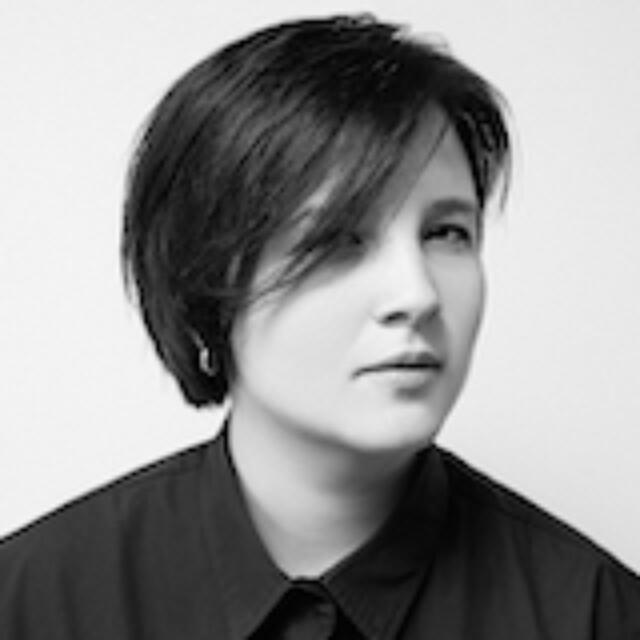
Journalist, media trainer
Kyiv, Ukraine
Zinc Network

Freelance reporter and journalist
Kyiv, Ukraine
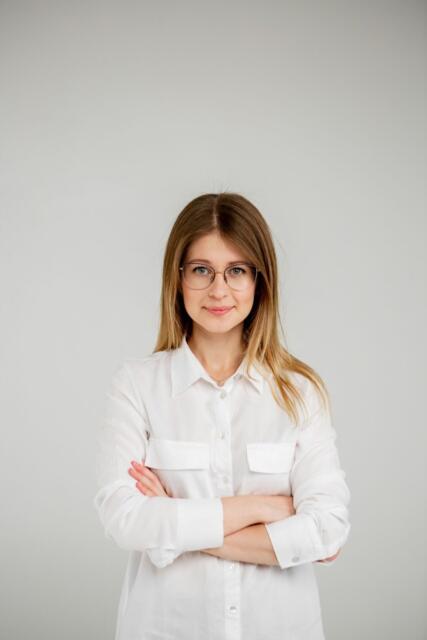
Editor-in-chief, Eastern Variant
Kyiv, Ukraine
Photographer
Ukraine
Foreign Desk Journalist, Gazeta Wyborcza
Warszawa, Poland
Data Journalist
Ukraine
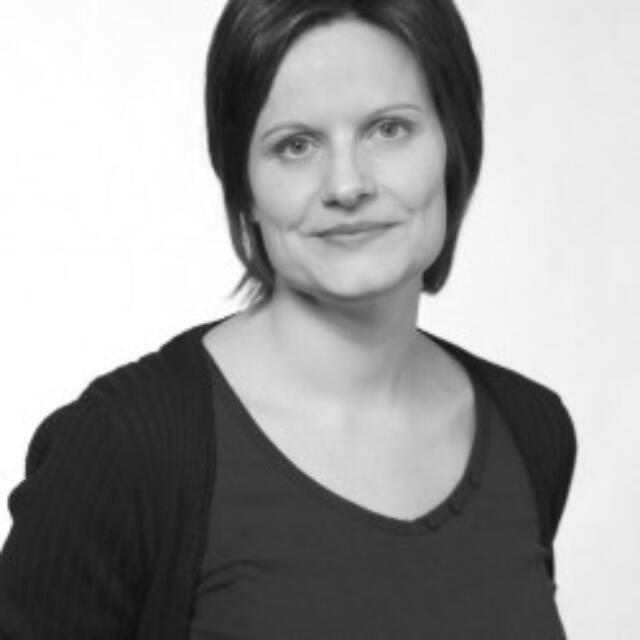
Freelance Journalist, ZDF
Berlin, Germany
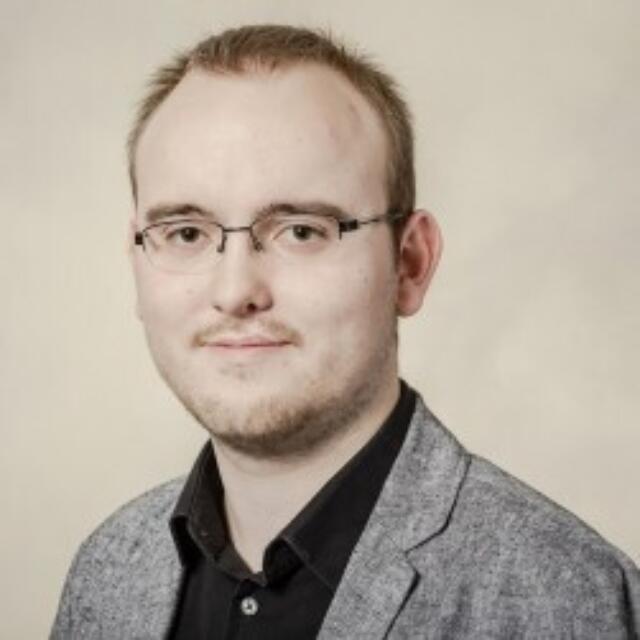
Journalist
Munich, Germany

Journalist, Clean Energy Wire
Berlin, Germany
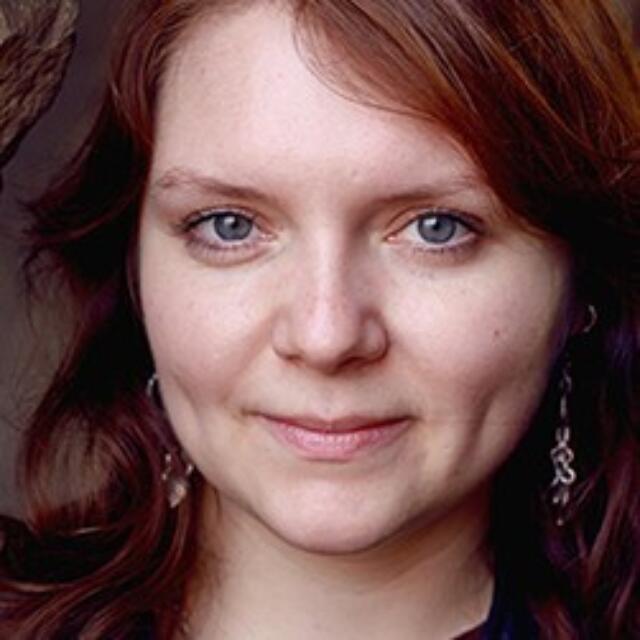
Journalist, taz
Berlin, Germany

Freelance Journalist
Frankfurt (Oder), Germany
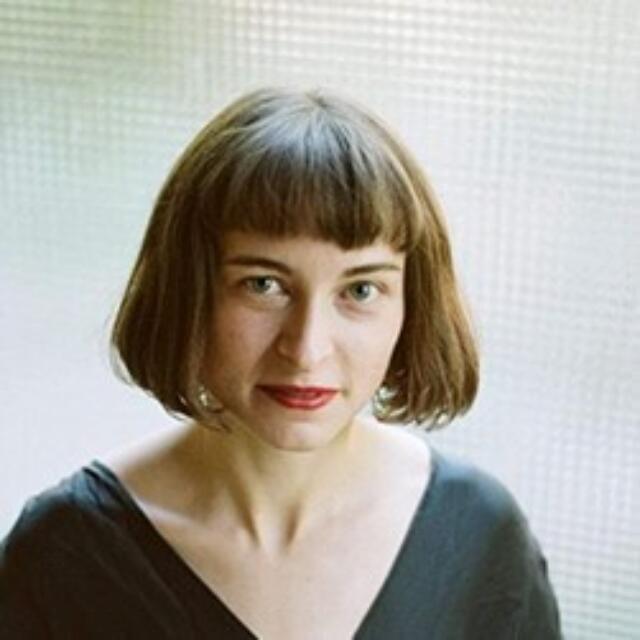
Journalist and translator, HU Berlin
Berlin, Germany

Freelance Journalist, Michalina Kowol
Warsaw, Poland

Journalist, Freelance
Hungary
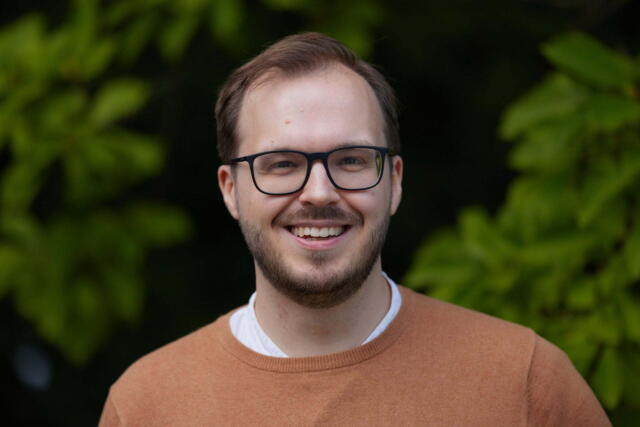
Journalist, Bloomberg
Warsaw, Poland
Photographer
Berlin, Germany

Staff Journalist, Fakt
Warsaw, Poland
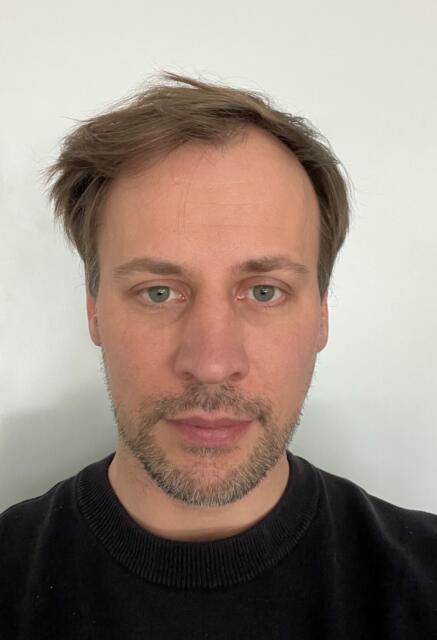
Autor, rbb
Berlin, Germany

Senior Analyst, Media IQ, Press Club Belarus
Warszawa, Poland

Freelance Journalist, HU / freelance
Berlin, Germany